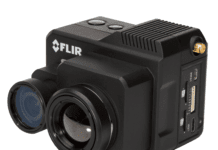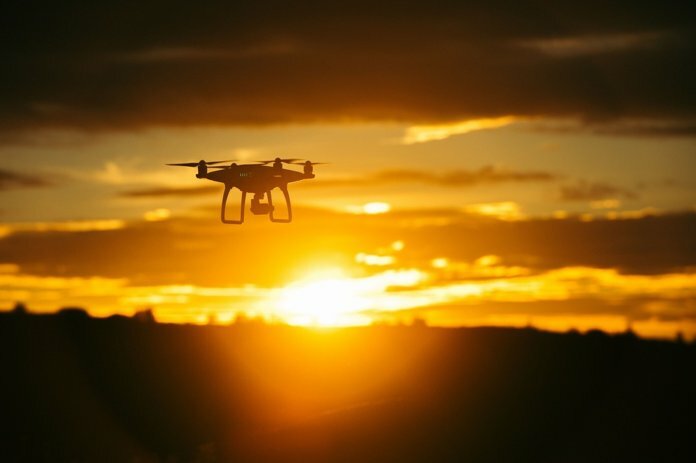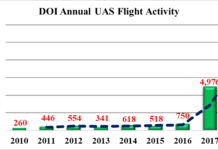On Saturday, consumer unmanned aerial vehicles (UAVs) carrying explosives were deployed over a rally in Caracas, Venezuela, during a speech by the country’s president, Nicolas Maduro, leading the U.S. government to reiterate its concern about the dangers posed by weaponized drones.
According to Reuters, the alleged assassination attempt involved a pair of DJI M600 UAVs, which were equipped with C4 explosives that detonated and injured several military officers. Maduro was not injured.
On Sunday, Kirstjen Nielsen, secretary of the U.S. Department of Homeland Security (DHS), tweeted about the threat of weaponized drones and urged the passage of legislation addressing DHS authority to thwart them:
The danger from weaponized drones is real. It is time for Congress to give @DHSgov the authority to counter this rapidly evolving threat.
My @washingtonpost oped on dangerous drones can be found here. https://t.co/9xdaqBz2io
— Sec. Kirstjen Nielsen (@SecNielsen) August 5, 2018
Nielsen also pointed to an op-ed she wrote a month earlier for the Washington Post, which described the “dark side” of drone technology and pushed for Congress to pass a bill that would remove “legal constraints” for giving DHS and the U.S. Department of Justice (DOJ) the authority to, for example, “access signals being transmitted between a nefarious drone and its ground controller to accurately geolocate both quickly.” In turn, she wrote, authorities could “take control of the device or stop its operator on the ground to prevent a potential attack.”
In May, several U.S. senators introduced the Preventing Emerging Threats Act of 2018, a bill that seeks to give DHS and the DOJ the authority to take action against UAVs that pose an “unacceptable security risk” to public safety. A similar bill, the Safeguarding America’s Skies Act, was introduced in the House in March.
Since the incident in Caracas, there has been a flood of news reports warning of the dangers of weaponized drones. Brendan Schulman, vice president of policy and legal affairs at DJI, suggested to the Wall Street Journal that the attack demonstrates the need for enhanced technology solutions – specifically, it “highlight[s] the importance of implementing remote identification solutions.” Importantly, Schulman noted he does not feel the incident will set back “the progress of commercial drones.”
Indeed, on the technology side, Dedrone, which describes its solution as an “airspace security platform that detects, classifies and mitigates all drone threats,” said in a statement, “Drones are here to stay, and technology can help identify where and when they fly, and how they can impact our safety. Counter-drone technology is critical to help provide warning of approaching, unauthorized drones, and identify or apprehend the pilot.”










Leave a Comment
Your email address will not be published. Required fields are marked *